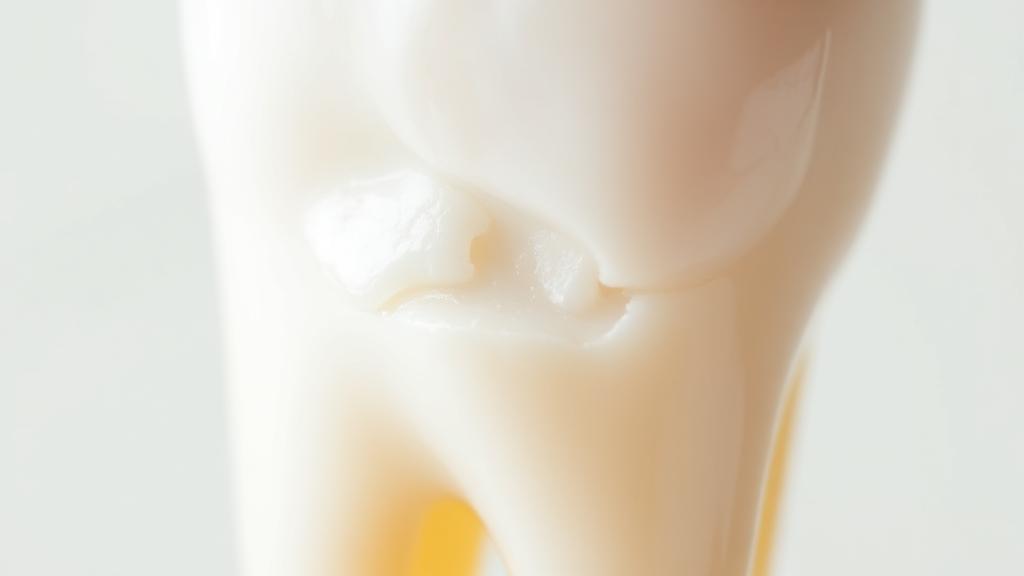Understanding Chipped Teeth and Natural Smoothing
A chipped tooth is a common dental issue that can occur due to various reasons such as biting down on hard foods, accidents, or grinding teeth at night. While it might seem like a minor inconvenience, it's essential to understand the implications and potential outcomes of a chipped tooth.
Causes of Chipped Teeth
- Biting Hard Objects: Chewing on ice, hard candies, or nuts
- Accidents: Falls or sports injuries
- Bruxism: Grinding teeth, especially during sleep
- Poor Dental Hygiene: Weak enamel due to inadequate dental care
How Natural Smoothing Occurs
When you first chip a tooth, the edges may feel sharp and jagged. Through daily activities like eating, speaking, and contact with opposing teeth, these sharp edges can gradually become less pronounced. This process, called dental attrition, involves the gradual wearing away of tooth structure through normal mechanical forces. However, this smoothing process can take months or even years, depending on the severity of the chip.
Limitations and Risks
While minor chips might seem to become less noticeable, this is not due to the tooth repairing itself:
- No Regeneration: Unlike bones, teeth do not regenerate. Once enamel is lost, it cannot be naturally replaced.
- Enamel Damage: The natural smoothing process often involves wearing down your tooth's protective enamel.
- Uneven Wear: A chipped tooth can create an uneven bite pattern, causing:
- Excessive wear on other teeth
- Jaw pain
- TMJ issues
- Headaches
When to Seek Professional Treatment
According to the Cleveland Clinic, you should seek treatment if:
- The chip is larger than 1/4 of the tooth
- You experience pain or sensitivity
- The chip has sharp edges that irritate your tongue or cheeks
- The damaged area collects food particles
Professional Treatment Options
| Treatment | Best For | Duration |
|---|---|---|
| Dental Bonding | Small chips | 30-60 minutes |
| Veneers | Visible teeth | 2-3 visits |
| Crown | Larger damage | 2+ visits |
Prevention Tips
To avoid chipping your teeth and protect your oral health:
- Wear a mouthguard during sports
- Avoid using teeth as tools
- Don't chew ice or hard candies
- Address teeth grinding with a night guard
- Maintain good oral hygiene
- Schedule regular dental check-ups
"Prevention is always better than treatment. A small chip might smooth out over time, but professional intervention can prevent more serious complications." - Journal of Clinical Dentistry
Conclusion
While a small chipped tooth may appear to smooth out over time through natural wear and tear, this is not the same as the tooth actually healing or regenerating. The risks of waiting for natural wear often outweigh any potential benefits. Seeking dental advice is crucial to prevent further damage and to explore restoration options. For more information on dental care and chipped teeth, consider visiting resources like the American Dental Association or WebMD's Dental Health Center.
